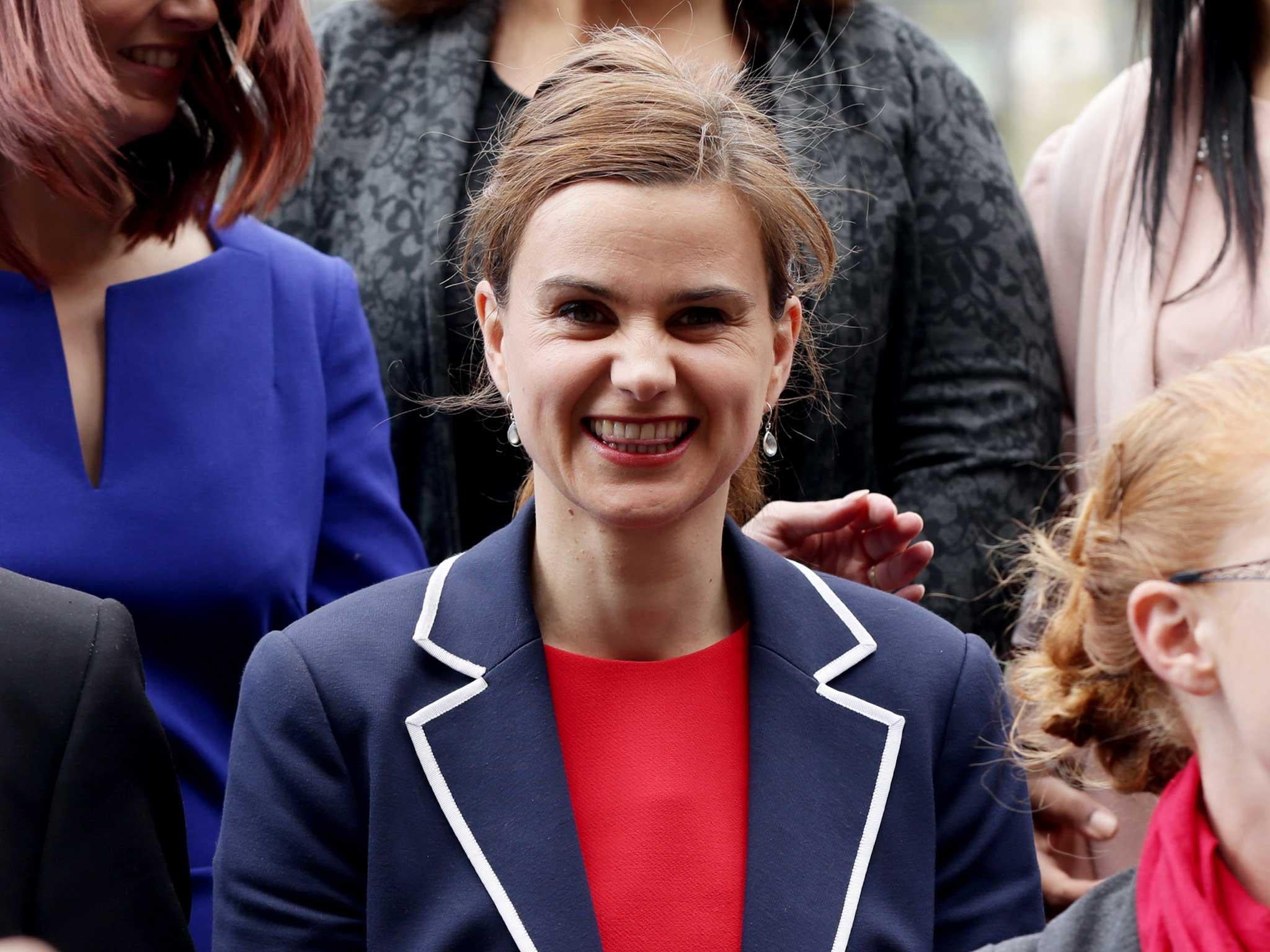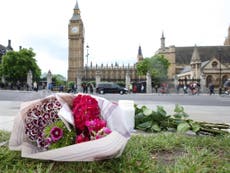There is a dark side to our politics – and Jo Cox saw it long before her death
Cox was by instinct a unifier, a bridge-builder who wanted to see a more consensual politics. But social media is taking us in the other direction


The Jo Cox tragedy has rightly provoked calls by some MPs for our politicians to press the pause button so they can think carefully about the tone in which our politics is conducted. The Labour MP Stephen Kinnock, a close friend of Cox who shared a Commons office with her, spoke for many MPs when the expressed concern about how social media amplifies political debate. “It is not a big journey from saying horrible things to doing horrible things,” he told the BBC.
If politicians make personal attacks on each other the norm, as they have done during an unedifying EU referendum campaign, the public can hardly be blamed for thinking they are fair game. Both sides are so desperate to win the referendum that they have long since abandoned any pretence of a fair fight. Boris Johnson and Michael Gove, the leading lights in the Leave campaign, have told voters they cannot trust David Cameron or his promises.
Sir John Major, the former Prime Minister, has described Johnson, who could easily be PM in a few months, as a “court jester” and said the NHS would be about as safe with Johnson and Gove as “a pet hamster would be with a hungry python.” And these people are all in the same party.
Shortly before Cox died, Nigel Farage unveiled a poster showing a long queue of migrants and the words “Breaking Point.” Leave.UK, a group close to Farage, sought to exploit the killing of 49 people in a gay night club in Orlando, urging people to “vote for greater security on 23 June” (a tweet deleted only after it caused controversy).
Vote Leave, the campaign headed by Johnson and Gove, distanced itself from the rival Out group. But it has shamelessly aped Farage by playing the immigration card after losing the argument on the economy. This is divisive and could leave a poisonous, dangerous legacy.
The nasty parties are not confined to the right. The so-called “Cybernats” waged Twitter wars against supporters of Scotland remaining in the UK during the 2014 referendum.
Jeremy Corbyn rode to a stunning victory in Labour’s leadership election on a wave of support on social media. But the Corbynistas have also shown its dark side by using it to target critics of the Labour leader.
Cox was among them. The former Oxfam aid worker was a crusader for more to be done to help the innocent victims of Syria’s civil war. She believed that air strikes against Isis in Iraq should be extended to Syria, but came in for abuse for saying so. She agonised ahead of a Commons vote on the issue, and in the end abstained.
I talked to her about the downside of social media when I interviewed her for The Independent last month. She saw a misogynistic and sexist element in messages sent to her on Twitter and Facebook. “There is definitely a problem with unfair attacks on women in the public eye for saying things that are controversial or interesting which men would get away with,” she said.
Another batch of messages had just landed, after she said she regretted nominating Corbyn for the Labour leadership. Revealingly, she received a lot more abuse than Neil Coyle, a Labour MP with whom she wrote a joint article criticising Corbyn after last month’s local elections.
Cox told me that Corbyn should do more to tackle abuse on social media being done “in his name.” She added: “There is a strand of people involved in the Labour movement who go way too far in attacking anyone who has a different view to them…We have got to be able to have debates that do not descend into vile attacks or abuse."
The mainstream media is also part of the problem. Of course it was right to expose the MPs’ expenses scandal in 2009. But since then most newspapers have replaced a healthy scepticism about politicians with utter cynicism.
Fear of hostile media coverage about their expenses and their families now deters high calibre people from entering politics. Despite a rigorous new expenses regime, much of the press gives the impression that MPs are only in it for themselves, an out of touch elite.
Little wonder the public mood is anti-politics. In more than 30 years on the Westminster beat, I’m sure the overwhelming majority of MPs I have met came into politics to do good, not for personal gain or advancement. Just like Jo Cox. She, like many MPs, was more in touch with the real world than most people in the media passing judgement on the political class. MPs have to be.
Ministers from foreign countries are often shocked and horrified to discover that their UK counterparts still do regular constituency surgeries.
Cox was by instinct a unifier, a bridge-builder who wanted to see a more consensual politics. But a nasty, depressing EU referendum campaign shows we are travelling in the opposite direction. It has taken our political discourse to a new low.
I remember similar calls for a kinder, gentler politics after John Smith, the Labour leader, died of a heart attack in 1994, another tragedy for those of us in the Westminster village.
The pause then was all too brief, and normal hostilities soon returned. I hope that after the death of Jo Cox, something will change permanently, which would be a fitting tribute to her. But I am not optimistic.


Join our commenting forum
Join thought-provoking conversations, follow other Independent readers and see their replies